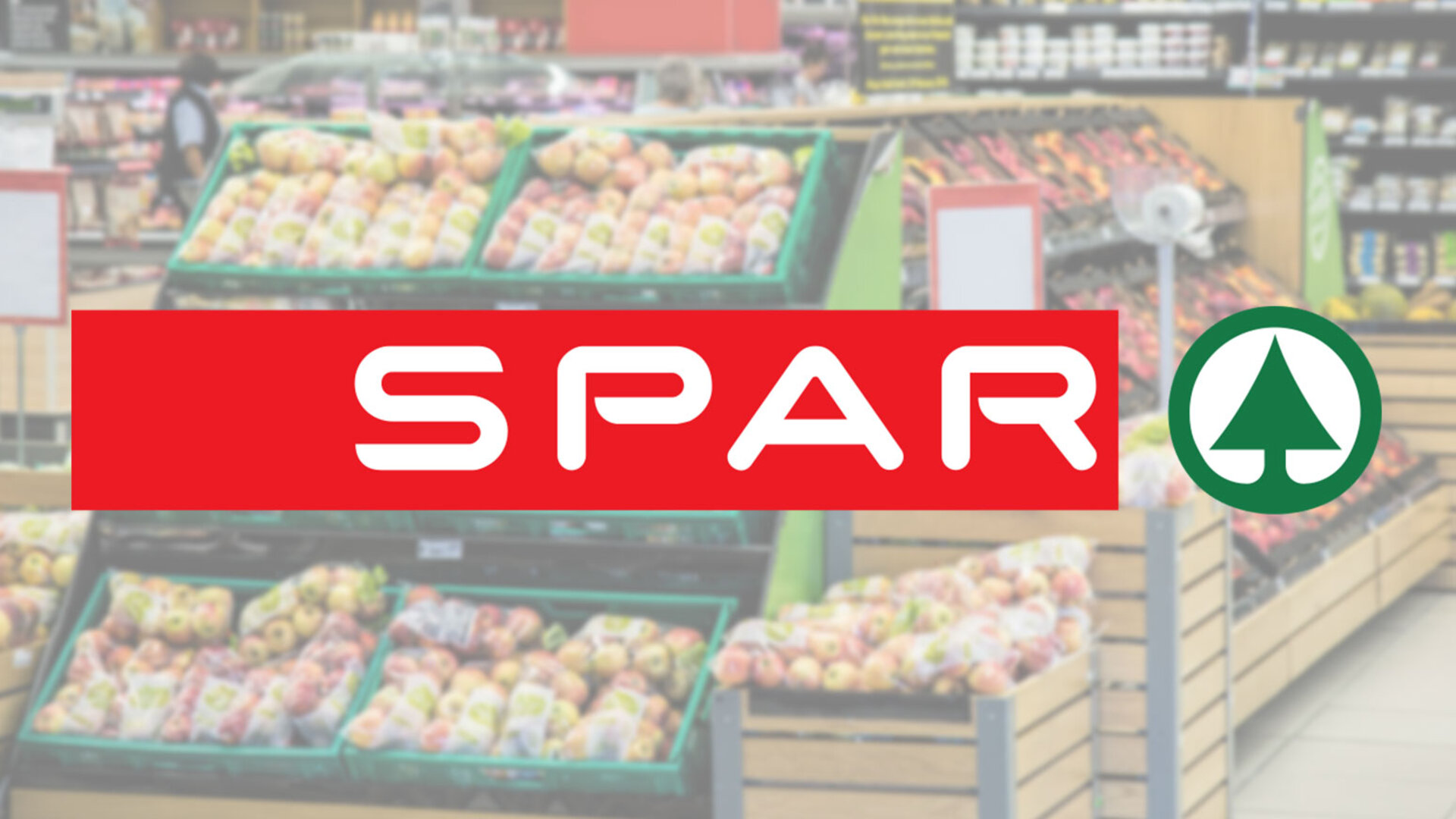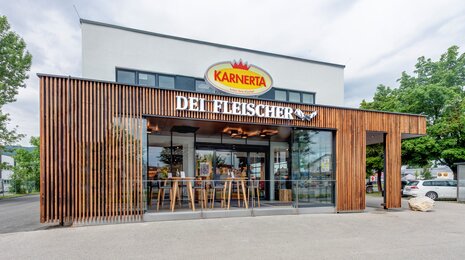Prior to the introduction of EDI, Spar Slovenia faced a number of operational inefficiencies:
- Manual procedures: orders were managed by faxes, phone calls and emails, causing inconsistencies and delays.
- Lack of standardisation: Spar Slovenia and its suppliers did not have a single framework for data exchange, which caused bottlenecks.
- Stock management problems: vzdrževanje nadzora nad ravnmi zalog, dobavami in naročili je bilo težavno, saj je bilo v veliki meri odvisno od osebja v posameznih trgovinah.






